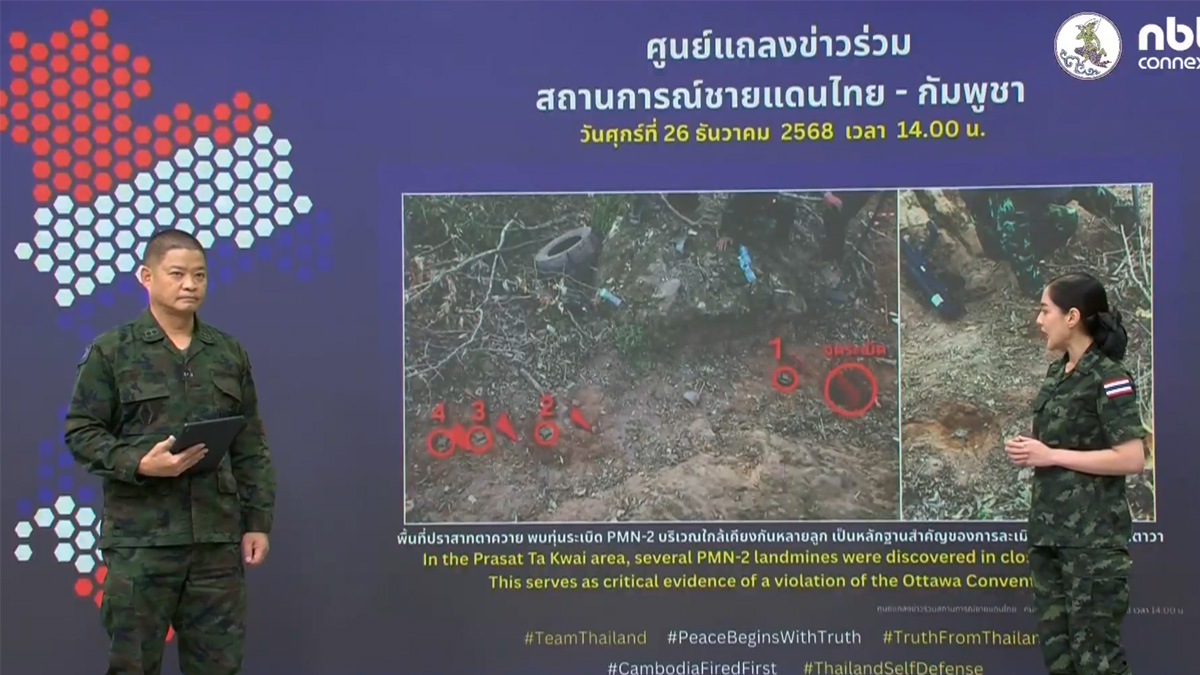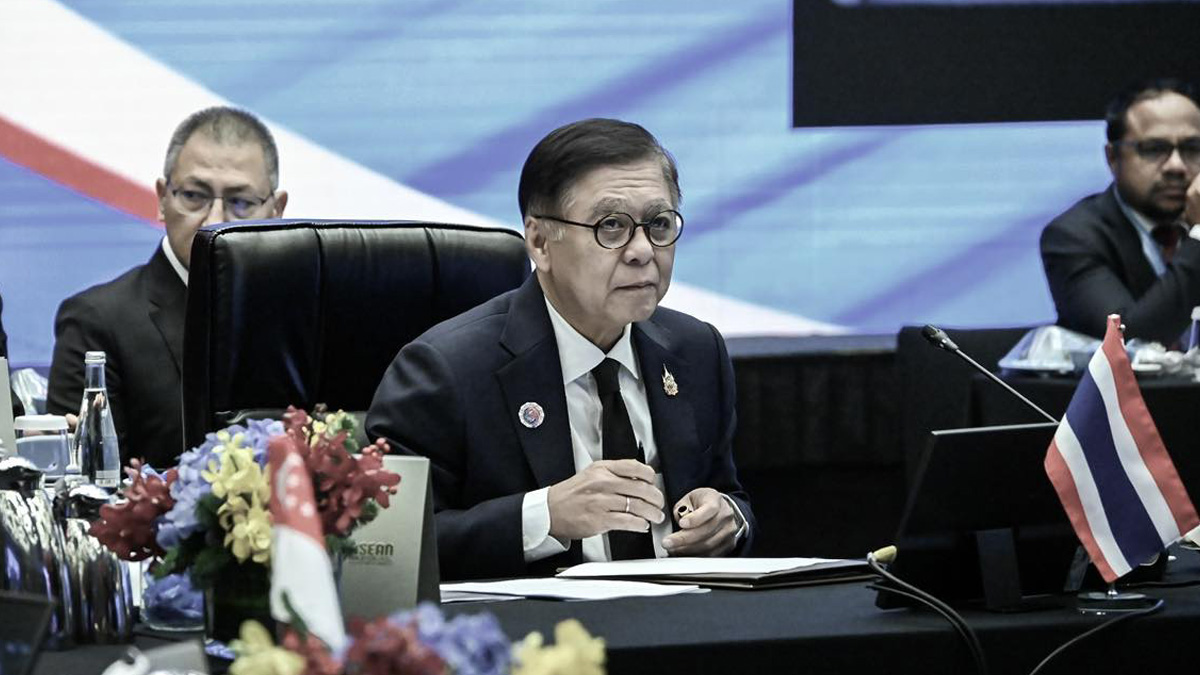Thailand to roll out “Clear Debt, Move Forward” programme in 2026 to ease household debt burden
Thailand will launch a nationwide debt resolution scheme in January 2026, targeting nearly 1.9 million bad retail debt accounts. The programme includes interest waivers, partial debt forgiveness, and flexible repayment terms to help individuals re-enter formal credit systems.

- Thailand’s government to launch a retail debt resolution programme in January 2026, targeting low-value non-performing loans.
- Sukhumvit Asset Management Co (SAM) will lead the effort to restructure debt with interest and fee waivers.
- The initiative is expected to help nearly 1.9 million debt accounts nationwide without using fiscal budget resources.
The Thai government will implement a national debt restructuring initiative titled “Clear Debt, Move Forward” starting January 2026, offering waivers of interest payments and principal reductions to individuals burdened by small-scale, unsecured non-performing loans (NPLs).
The programme is a joint initiative by the Bank of Thailand, the Finance Ministry, and key financial institutions, aiming to relieve chronic debt pressure on households and reintegrate borrowers into the formal credit system.
Finance Minister Ekniti Nitithanprapas, speaking on 11 November during the signing of a memorandum of understanding with relevant agencies, confirmed that the programme is scheduled for implementation in early 2026. It is designed to target borrowers with NPLs not exceeding 100,000 baht across all financial institutions, as of 30 September 2025.
“This initiative offers a one-time opportunity for borrowers to restructure debts on more favourable terms,” said Central Bank Governor Vitai Ratanakorn. He added that the programme focuses specifically on unsecured retail debt and aims to resolve debts quickly while improving borrowers’ access to formal credit.
In the initial phase, around 1.6 million loan accounts—representing some 1.2 million individual borrowers—with a combined debt of approximately 43.6 billion baht will be addressed. These accounts originate from commercial banks and their subsidiaries.
Sukhumvit Asset Management Co (SAM), Thailand’s second-largest asset management company supervised by the Bank of Thailand, will lead the restructuring process by acquiring these debts and offering flexible repayment solutions.
Vitai stated that SAM will be repositioned as a “social AMC”, shifting focus from profit-making to public debt resolution. He noted that future phases of the programme may expand to include debts held by other financial service providers, not just banks.
Borrowers who qualify for the scheme will be offered two key repayment options. The first allows for a lump-sum settlement, enabling account closure through partial repayment. The second is a three-year instalment plan with zero interest, provided that conditions are met.
In parallel, Ari AMC will manage similar restructuring measures for borrowers with debts from specialised financial institutions. About 330,000 such accounts will be included in this effort.
Altogether, the programme is expected to impact up to 1.9 million retail debt accounts across the country.
According to the Finance Ministry, this large-scale programme will be funded by the 26 billion baht remaining from previous rehabilitation funds, along with contribution deductions. It will not draw on the government’s fiscal budget, thereby maintaining fiscal discipline.
In background remarks from October 2025, Minister Ekniti highlighted that the government planned to spend 10 billion baht (US$307 million) to purchase bad debt as part of broader economic recovery efforts. He underscored that the initiative aligns with the government’s strategy to manage public finances prudently while promoting private sector-led growth.
Thailand’s household debt levels remain among the highest in Asia, with the ratio of household debt to GDP standing at 86.8% at the end of June 2025. The total household debt amounts to 16.3 trillion baht (US$501 billion), posing long-term risks to economic resilience.
The debt relief programme complements other measures in the government’s economic recovery plan, including a US$1.4 billion “co-payment” consumption subsidy and efforts to attract technology investments. In the first quarter of 2025 alone, Thailand attracted 90.9 billion baht in investments in cloud services and data centres, with commitments from firms such as Microsoft and TikTok.
Despite those investment inflows, the government has cautioned that growth for the final quarter of 2025 could dip as low as 0.3% if household debt and weak exports are not addressed.
The Thai stock market responded positively to news of the debt purchase initiative, with the benchmark index rising nearly 1%—the highest single-day increase since February.
As Thailand prepares to roll out “Clear Debt, Move Forward”, policymakers hope the initiative will provide both social and economic dividends by allowing low-income borrowers to recover financially and contribute to national growth.








0 Comments